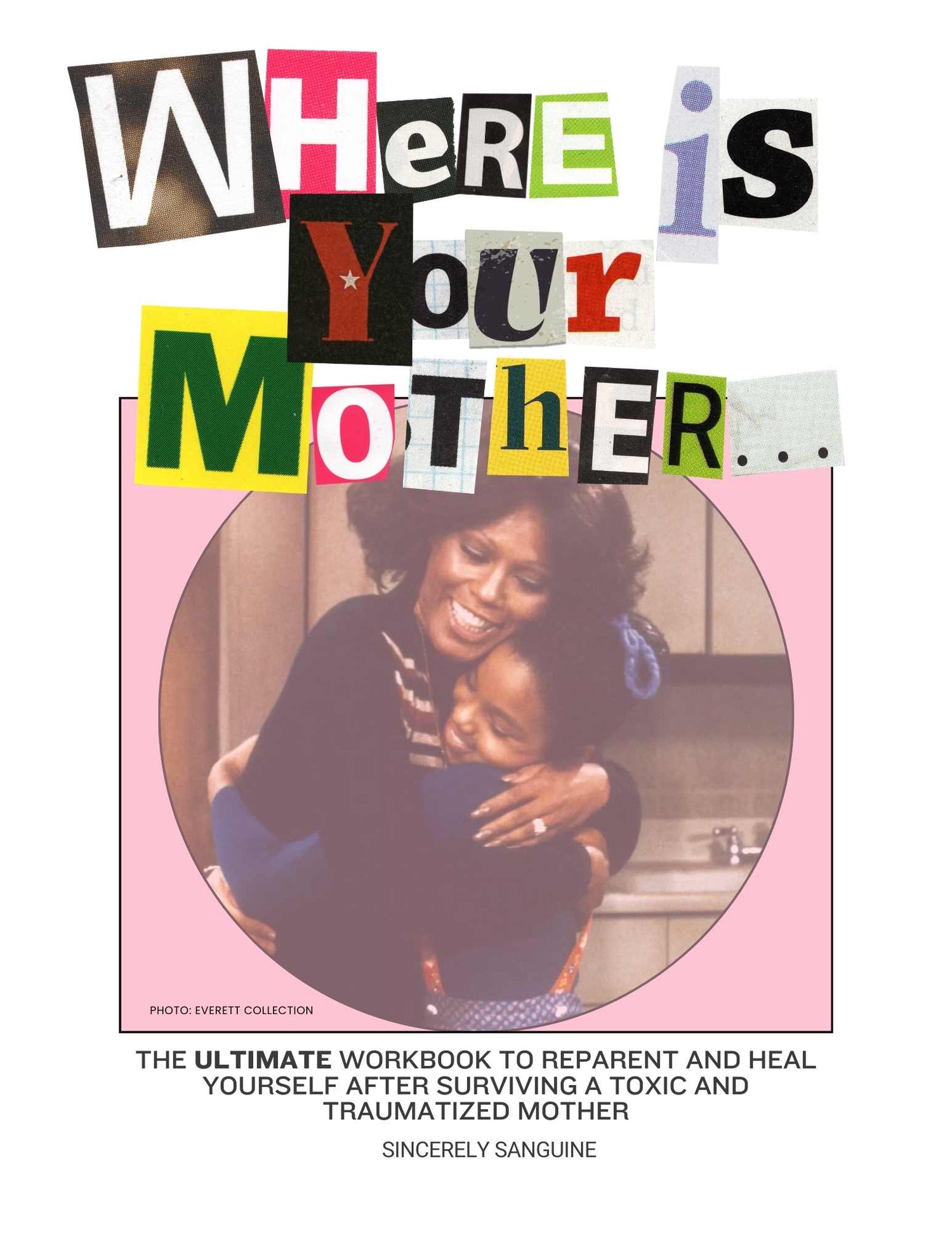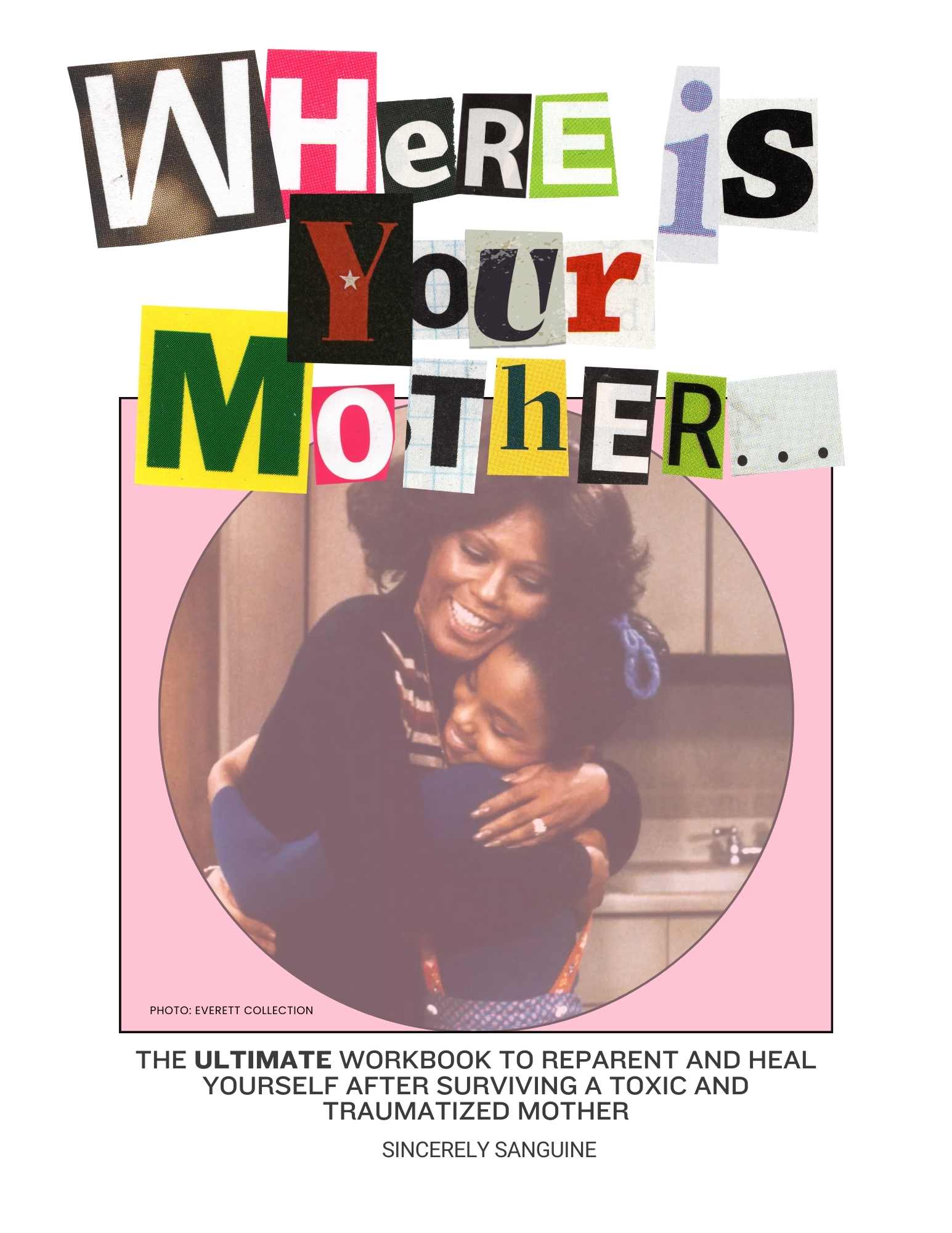Are you meeting your self-care needs?
Take the quiz-

Homesick! The Tik-Tokification of Culture and O...
“Homesick”... If you’ve spent any significant amount of time in NYC within the past year, you might have seen this statement plastered on a wall somewhere in some variation or...
Homesick! The Tik-Tokification of Culture and Other Modern Casualties
“Homesick”... If you’ve spent any significant amount of time in NYC within the past year, you might have seen this statement plastered on a wall somewhere in some variation or...
-
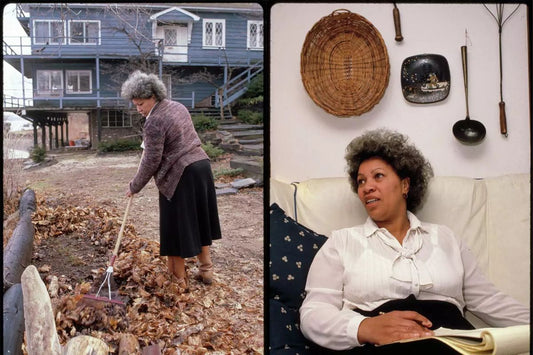
Toni Morrison's The Work You Do, The Person You...
All I had to do for the two dollars was clean Her house for a few hours after school. It was a beautiful house, too, with a plastic-covered sofa and chairs,...
Toni Morrison's The Work You Do, The Person You Are
All I had to do for the two dollars was clean Her house for a few hours after school. It was a beautiful house, too, with a plastic-covered sofa and chairs,...
-

"Heifers" Bonding Over Mommy Issues? — Let's Un...
After a rewatch of the hit 2000 series Girlfriends, I think I finally cracked the code! William Dent, the lone male figure within the female-dominated friend group, often questioned what...
"Heifers" Bonding Over Mommy Issues? — Let's Unpack That!
After a rewatch of the hit 2000 series Girlfriends, I think I finally cracked the code! William Dent, the lone male figure within the female-dominated friend group, often questioned what...
-
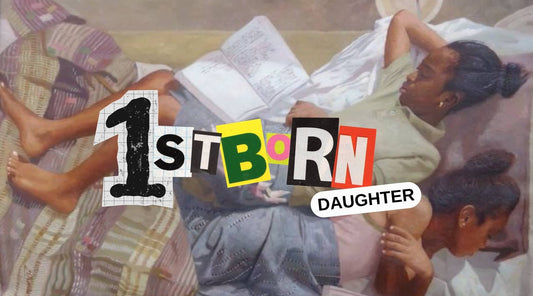
One Child Left Behind: Understanding The Eldest...
"I am in no rush to have kids because I'm exhausted from helping you raise yours." Just when life begins to look-up, you feel as though you finally have the opportunity...
One Child Left Behind: Understanding The Eldest Daughter Syndrome
"I am in no rush to have kids because I'm exhausted from helping you raise yours." Just when life begins to look-up, you feel as though you finally have the opportunity...
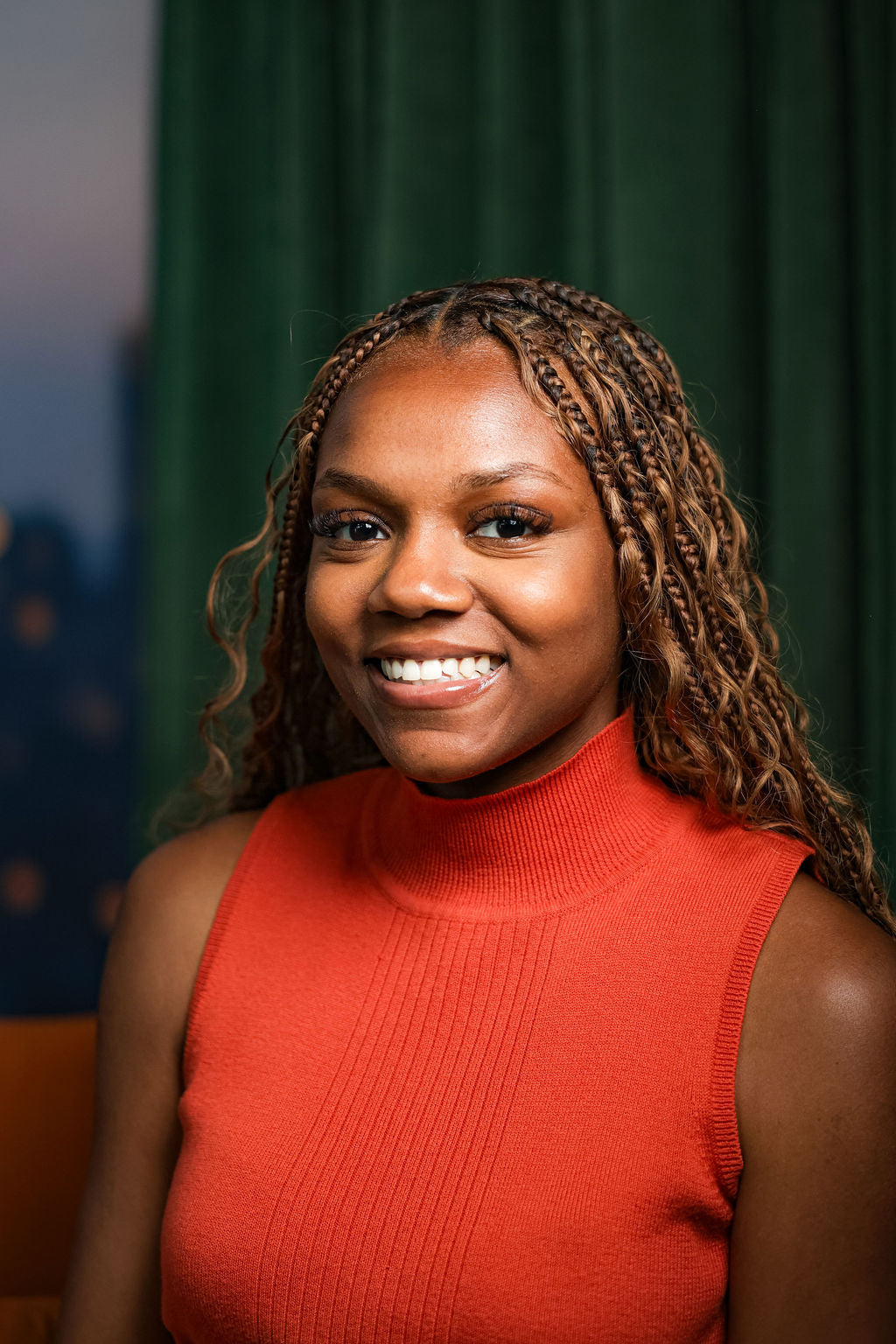
Clinical Mental Health, African & Caribbean Wellness, and Couples & Family Therapy.
Meet the founder: Dasia Miles-Langaigne
Rooted in real estate, mental health, entrepreneurship, and community outreach, Dasia brings lived experience and deep understanding to culturally relevant wellness, created for those often pushed to the margins.
Sincerely Sanguine was born from her personal journey as a Black woman seeking a space for honest reflection, healing, and growth. This is your invitation to be part of a community that sees you, supports you, and grows with you.

Join our bookclub!
Welcome to Pot Liquor for the soul, a compassionate book club forum dedicated to nurturing mental wellness through the power of literature. Here, we offer a supportive space for to explore books that inspire self-reflection, promote healing, and cultivate resilience. CURRENTLY AT 53 MEMBERS!
'Where is Your Mother...' The Complete Mother-Daughter Workbook to Heal Your Inner Child
Share
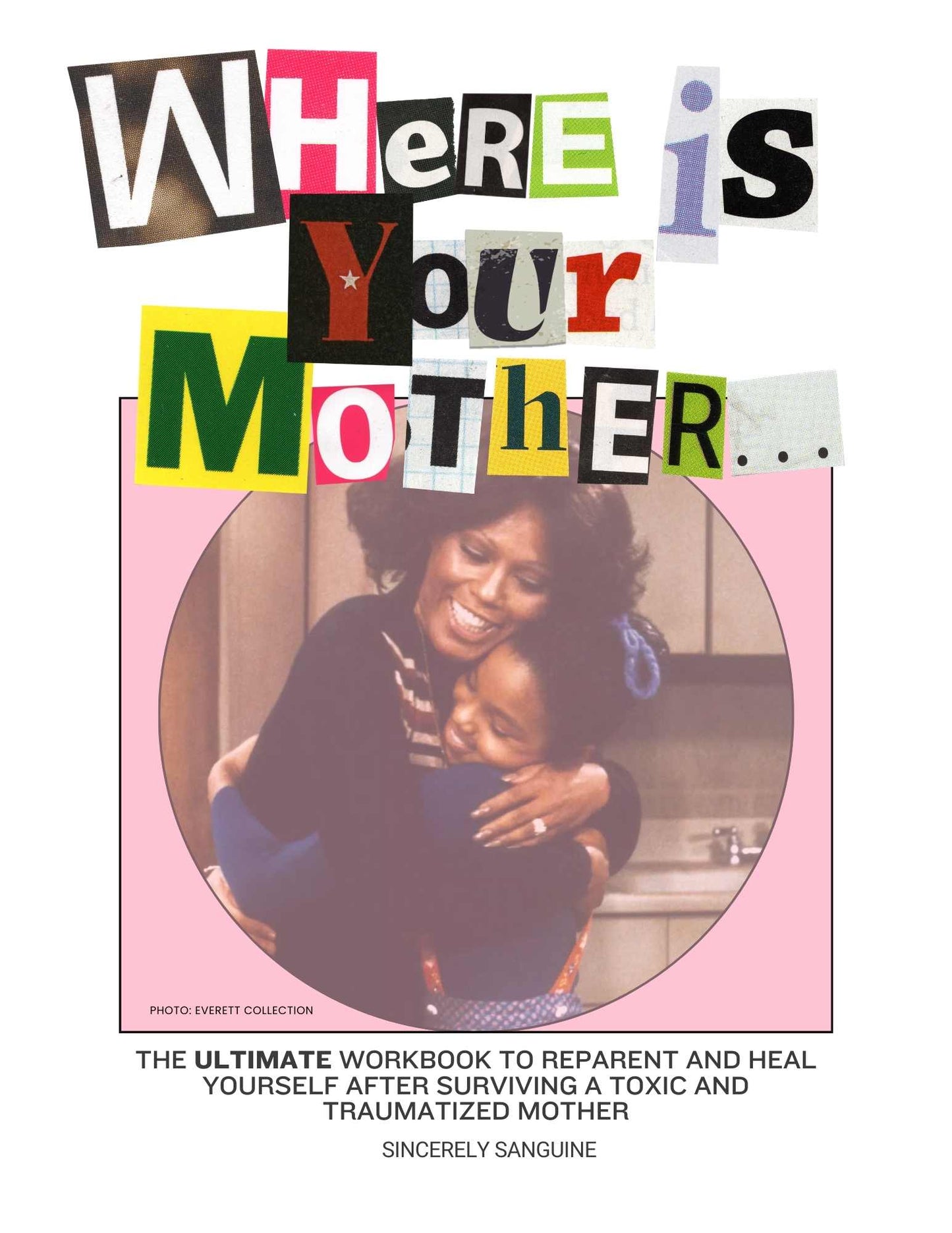
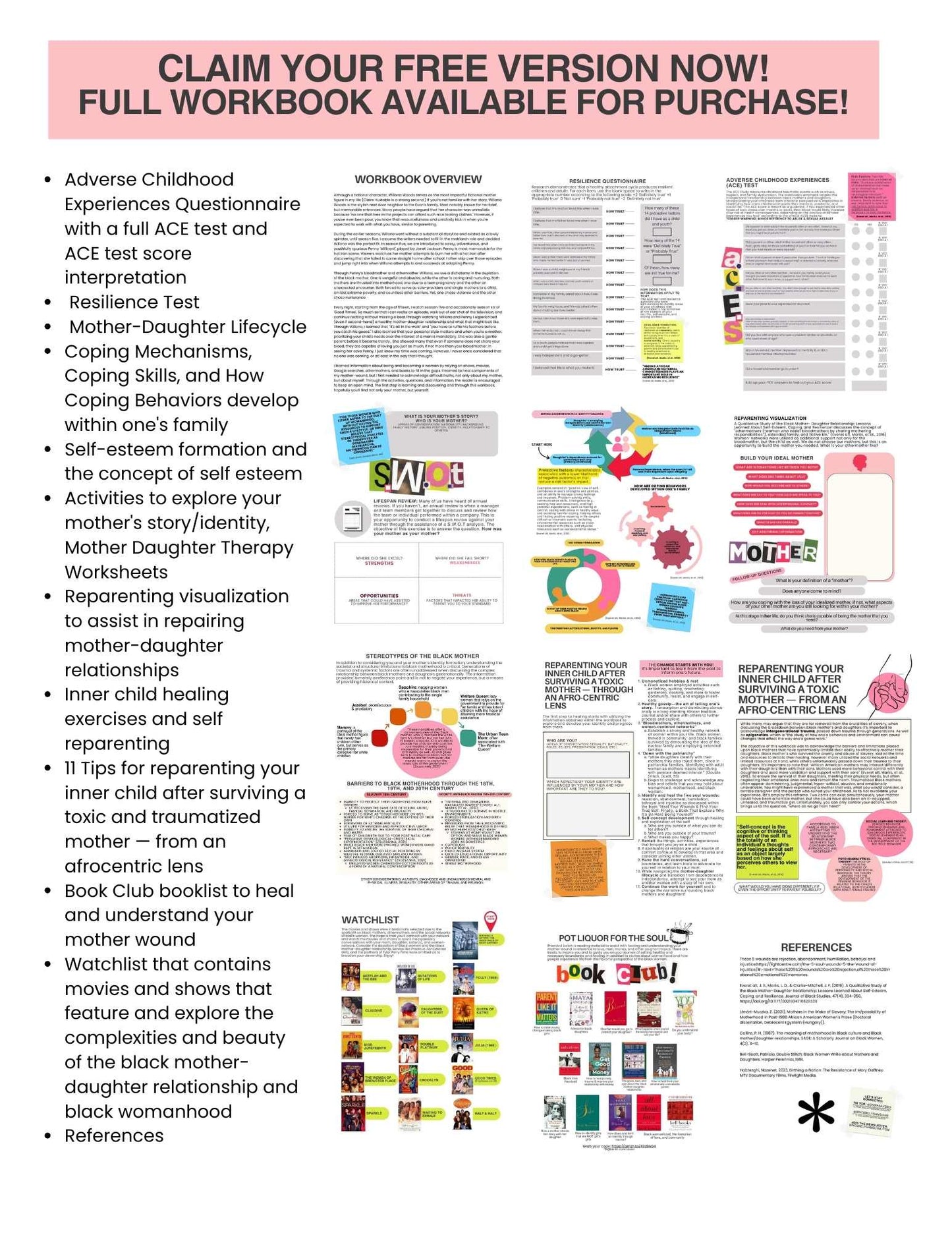
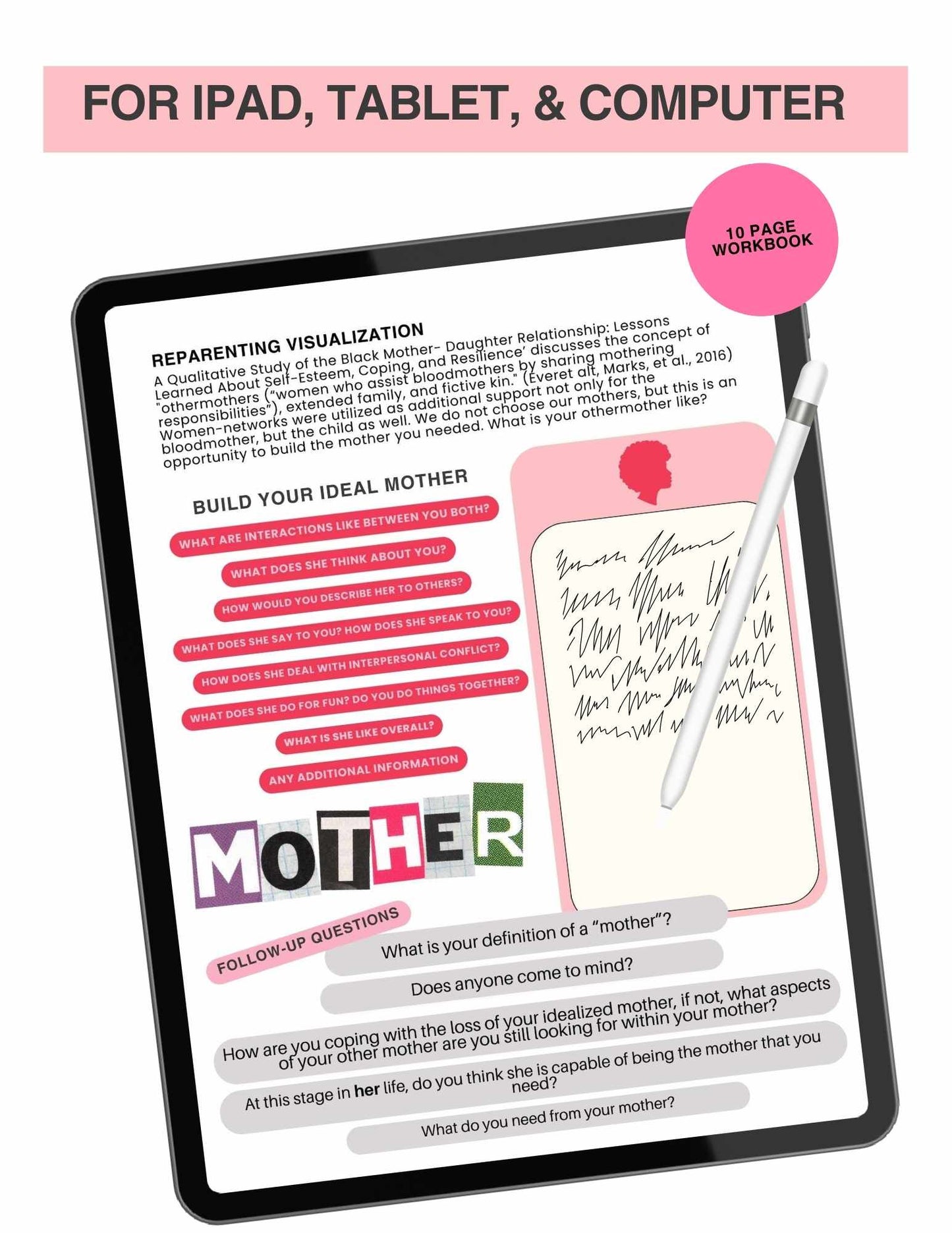
Community Is Your Best Asset!
Join ours today and gain access to free mental health resources, faves of the month from a therapist, community updates, our monthly book club selection, and much more!
